
AeroGenie – Ihr intelligenter Copilot.
Trends
Categories
Delta Air Lines’ Primary Hubs for Each Widebody Aircraft
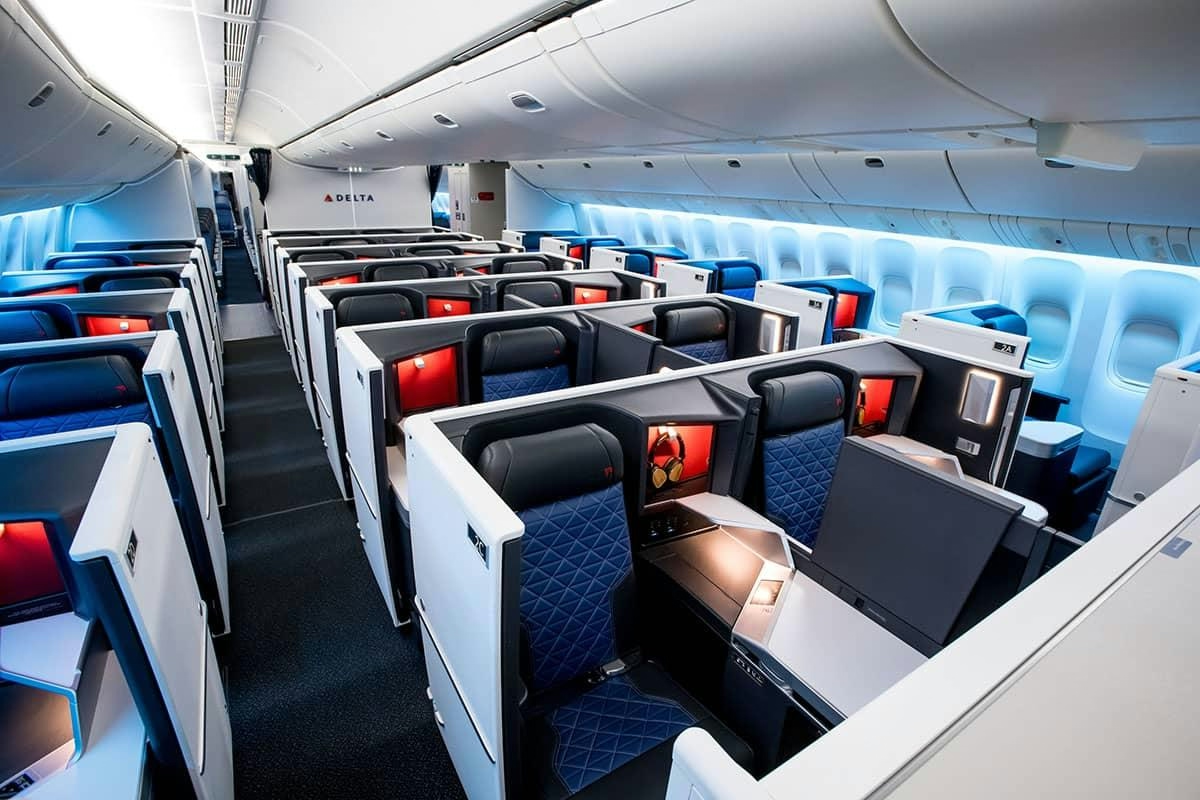
Delta Air Lines’ Primary Hubs for Each Widebody Aircraft
Delta Air Lines operates a diverse fleet of 176 widebody aircraft, including 39 Boeing 767-300ERs, 38 Airbus A350-900s, 36 A330-900s, 31 A330-300s, 21 767-400ERs, and 11 A330-200s, according to ch-aviation. The airline is also preparing to introduce the Airbus A350-1000, which is anticipated to become its highest-capacity aircraft, featuring the largest share of premium seating in the fleet.
An analysis of July flight data from Cirium Diio indicates that widebody jets constitute just under 6% of Delta’s total flights, serving 58 airports worldwide. New York JFK emerges as Delta’s foremost hub for widebody operations, underscoring its position as the leading U.S. airport for such aircraft.
Widebody Distribution Across Delta’s Hubs
Delta’s deployment of widebody aircraft varies significantly by hub and aircraft type. Atlanta and Detroit are the only hubs operating all six widebody variants. Atlanta, Delta’s busiest hub and the world’s top airport by passenger traffic, dominates in A330-200 and A350-900 operations. In July, Atlanta accounted for 35% of all Delta A350-900 flights, connecting to international destinations including Amsterdam, Cape Town, Johannesburg, Lima, Rome, Santiago de Chile, Seoul Incheon, and Tokyo Haneda. The hub operates two of Delta’s three A350 configurations: a premium 275-seat version and a high-capacity 339-seat model inherited from LATAM.
The A330-900 stands out as the only widebody type operated from all eight major Delta hubs. It is also the newest widebody in the fleet, with an average age of just 2.9 years, followed by the A350-900 at 5.1 years. The latest A330-900, registered as N435DX, entered service in June.
New York JFK is particularly notable for its concentration of Boeing 767 operations, handling 54% of the 767-300ER and 47% of the 767-400ER flights. Other hubs such as Boston, Los Angeles, Minneapolis, Salt Lake City, and Seattle have more specialized roles, with varying shares of specific widebody types reflecting their strategic importance in Delta’s network.
Operational and Competitive Challenges
Delta’s widebody strategy faces several operational and competitive challenges. The airline is responding to intensified competition, notably from Alaska Airlines’ planned transatlantic expansion, by increasing international services from Seattle. Furthermore, Delta has expressed concerns that tariffs on imported aircraft could jeopardize future Airbus orders, potentially forcing reductions in international routes.
Operational disruptions have also tested Delta’s resilience. A severe hailstorm in Atlanta necessitated inspections of over 100 aircraft, disrupting schedules and compelling Delta to cover costs for competitor flights, hotels, and rental cars for affected passengers. These incidents highlight the operational risks inherent at major hubs and the potential for market shifts as competitors capitalize on Delta’s vulnerabilities.
Despite these challenges, Delta’s widebody network remains a critical component of its international strategy, with Atlanta and New York JFK serving as the central pillars of its global operations.
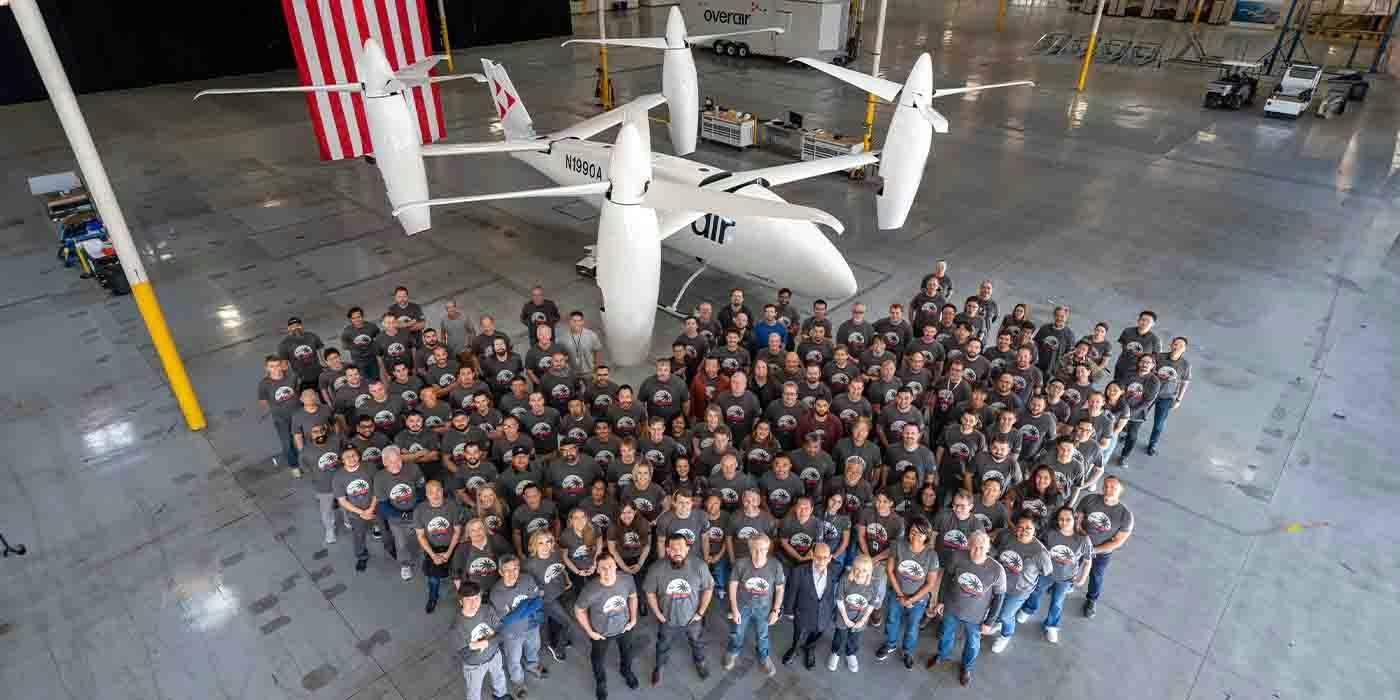
Unique mixed-propulsion eVTOL completes transition flight testing
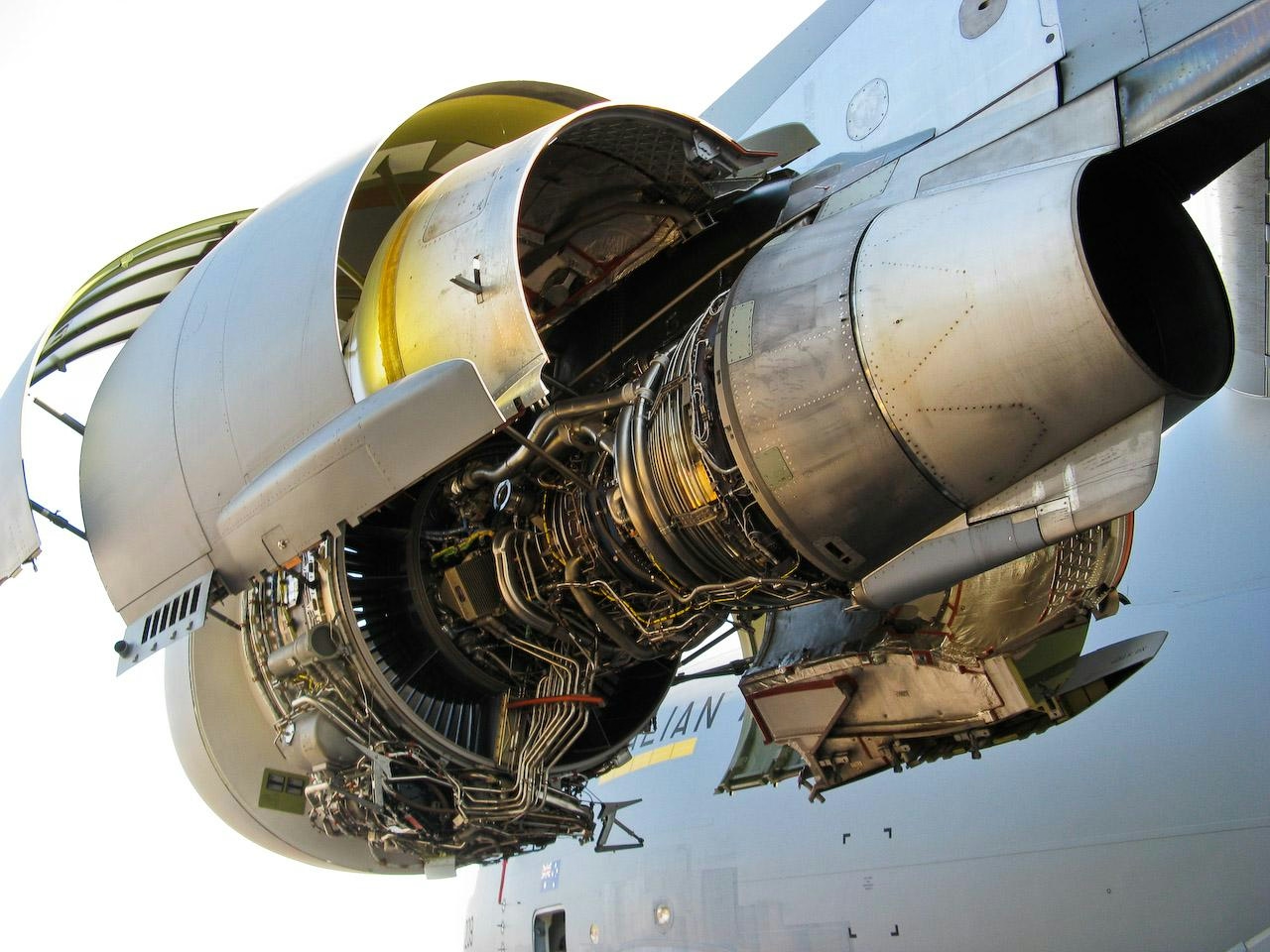
Are C-17 Globemaster Engines Derived from Boeing 757?
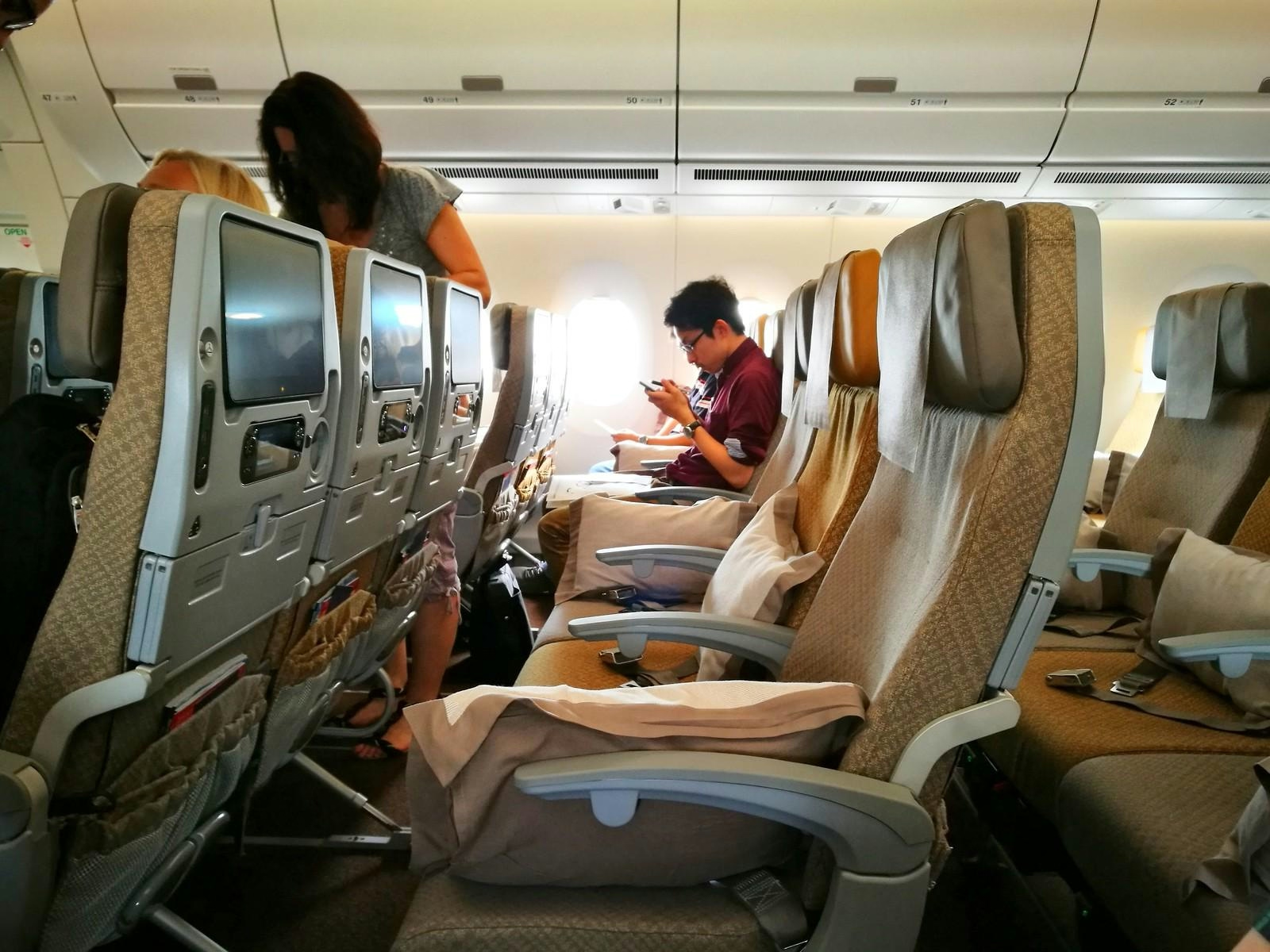
Why the Airbus A350’s Cabin Is Quieter Than Other Aircraft
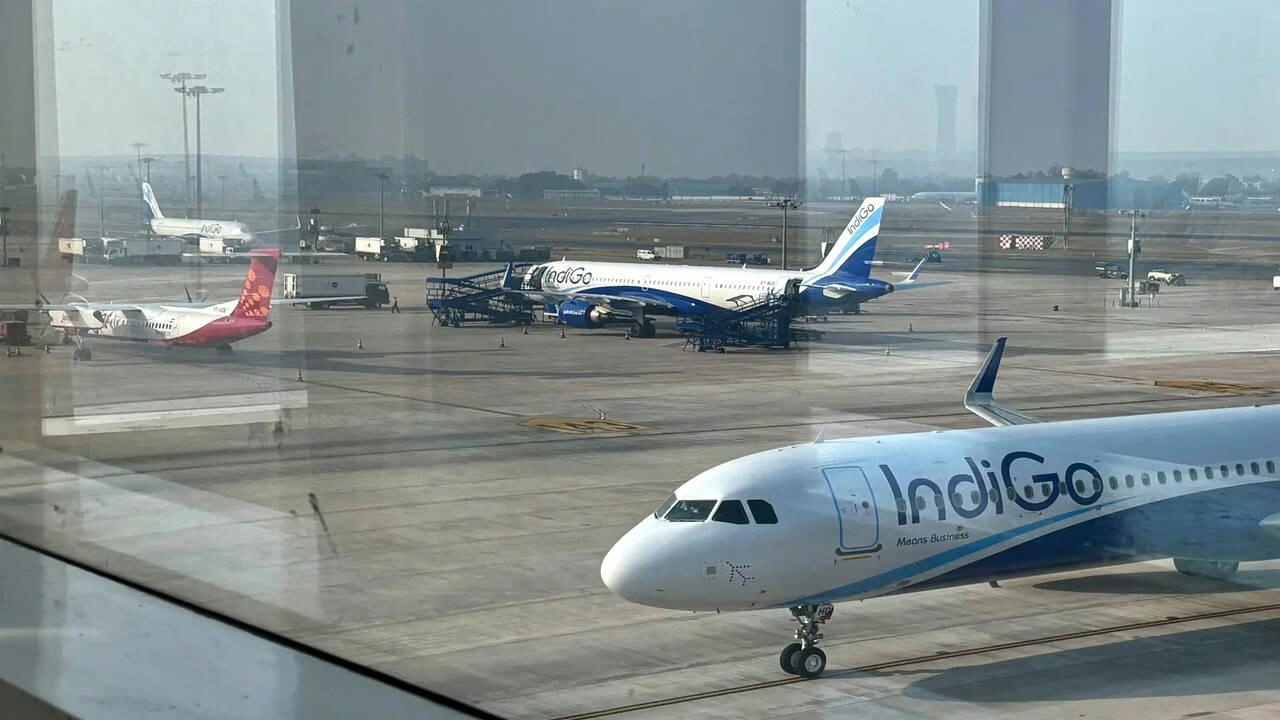
AI and AI Express Plan to Increase Capacity Amid IndiGo Flight Disruptions
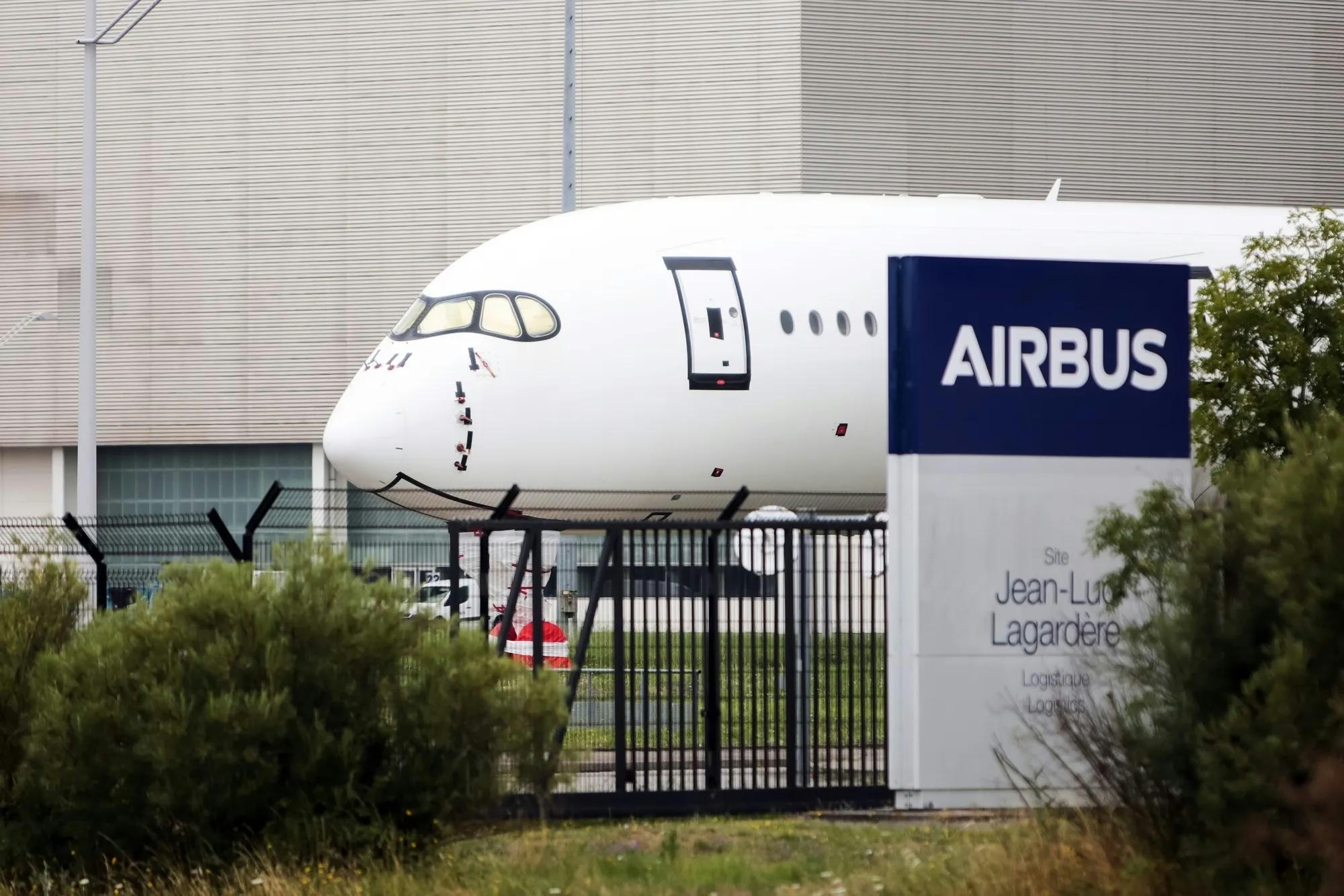
Kazakhstan and France Agree on Airbus Aircraft Deliveries
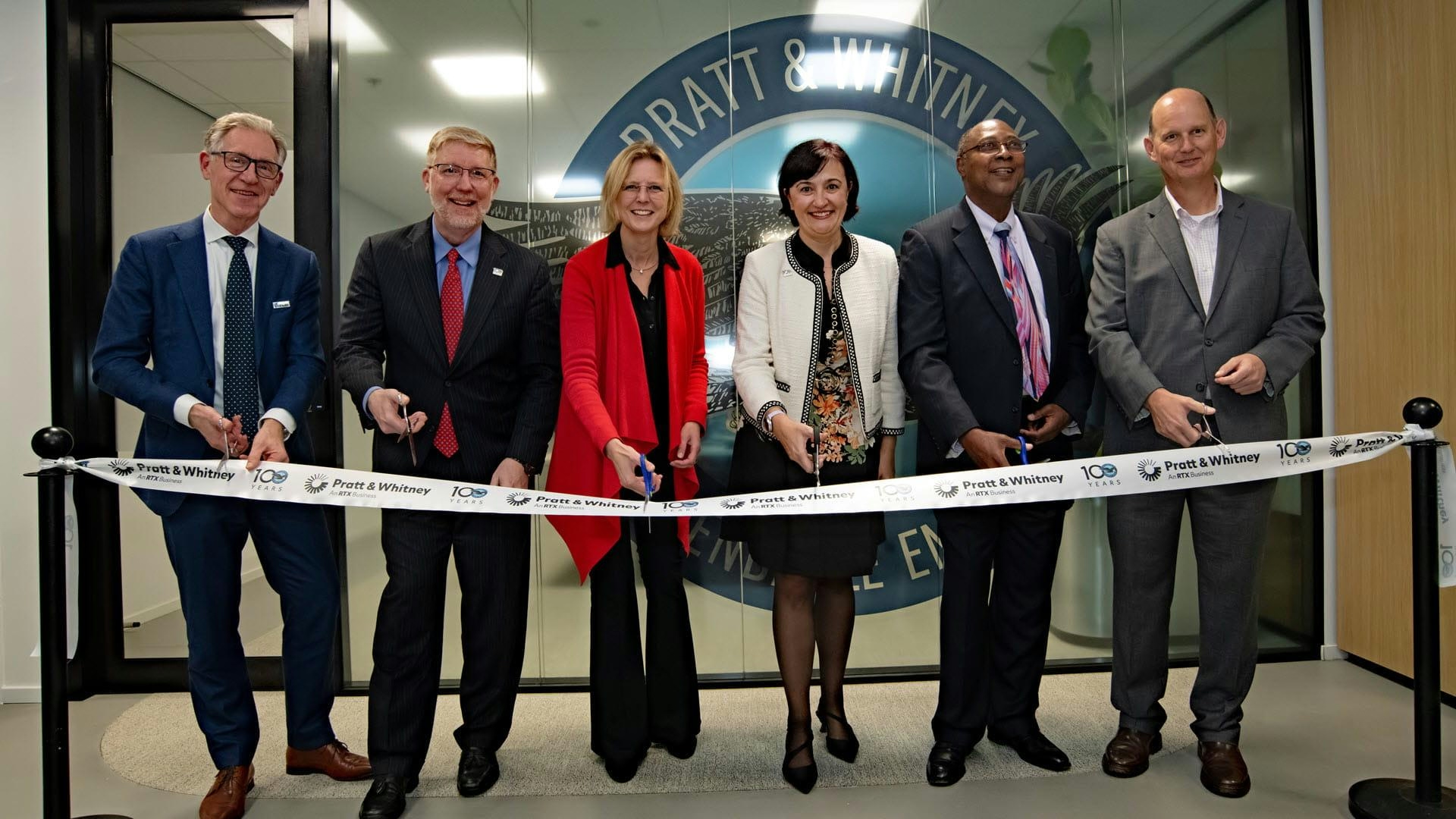
Europe’s Emerging Talent Drives Aviation Innovation
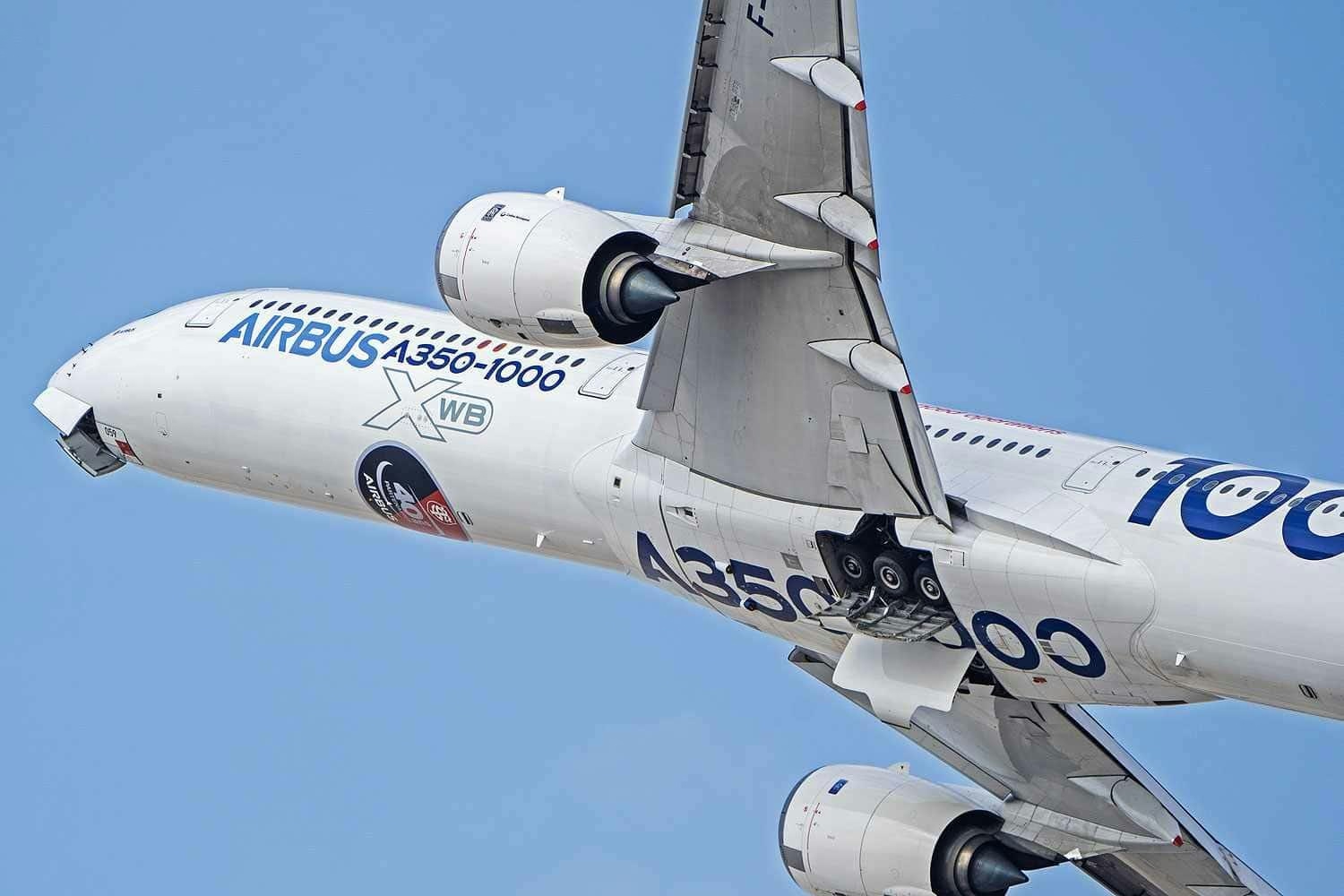
Airbus Receives New Order for A350-1000
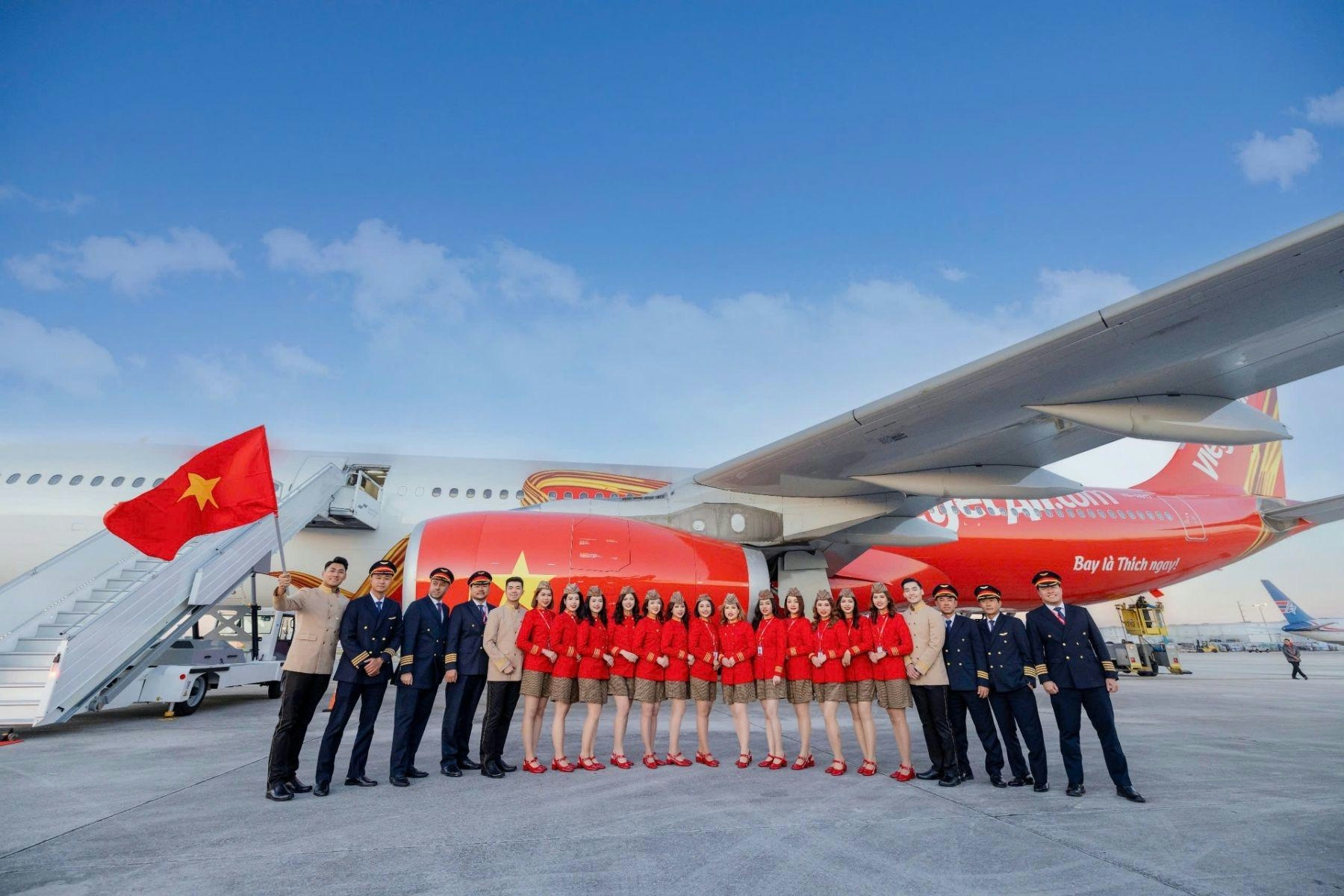
The Leading Widebody Aircraft in Service Today
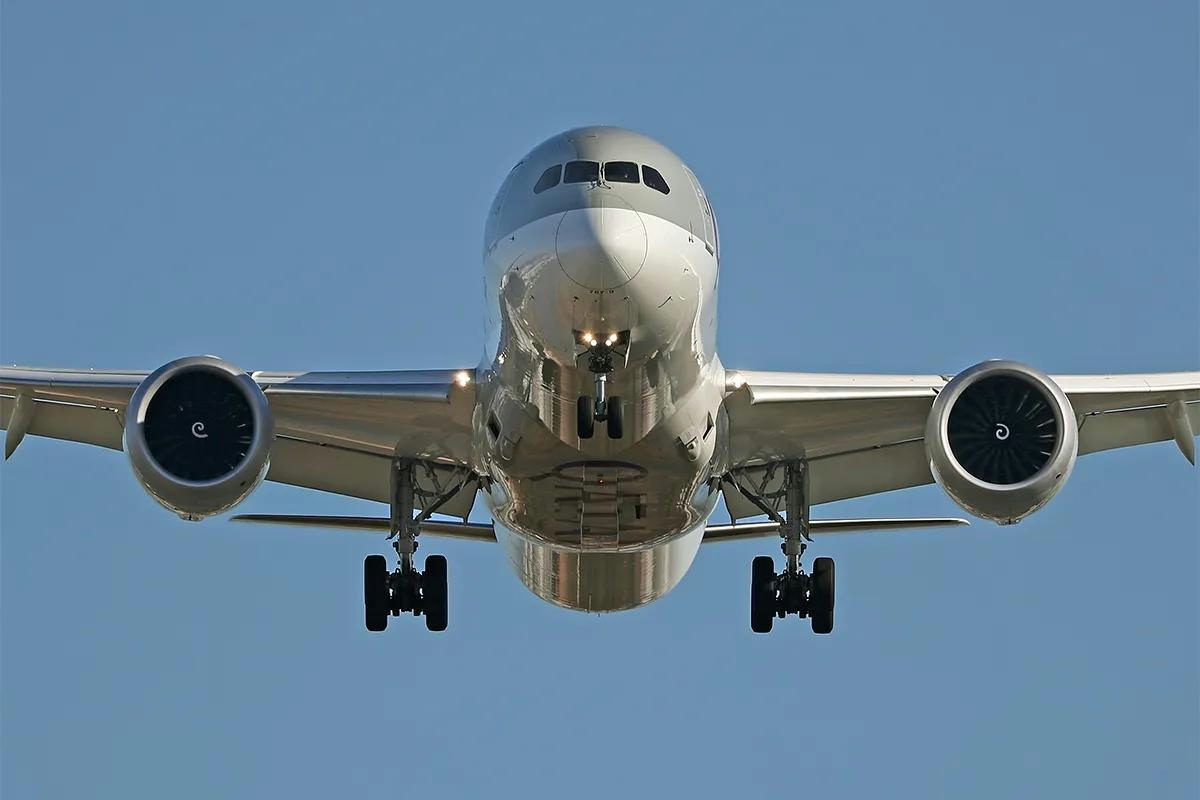
The Fastest Boeing Jet Currently in Service
